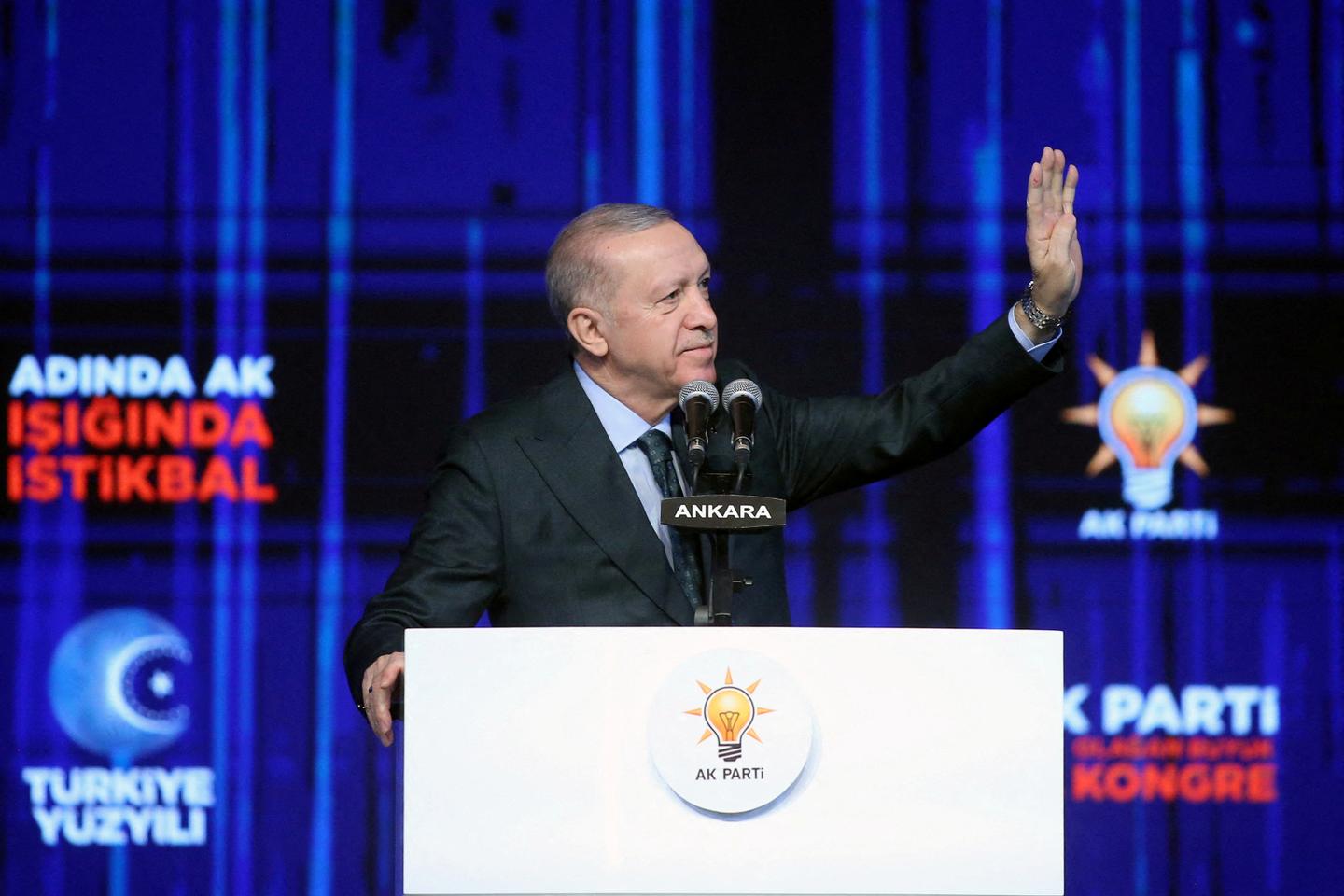Turkey, once an ‘awkward’ partner, has become essential for a weakened European Union

On February 17, at the Elysée Palace, President Emmanuel Macron brought together seven European leaders, the heads of the North Atlantic Treaty Organization (NATO) and European Union (EU) bodies to reaffirm their support for Ukraine. Several EU officials expressed their frustration at not having been invited. But one country in particular was conspicuous by its absence: Turkey, NATO’s second-largest military power.
Eleven days later, on February 28, it took a spectacular on-camera altercation between the American president, his vice president, JD Vance, and Ukrainian President Volodymyr Zelensky at the White House for things to change. Turkey’s absence from Paris, immediately described as a “strategic miscalculation” by Middle East specialist Zineb Riboua of the American think-tank Hudson Institute, was remedied in London the following day, on March 2, by British Prime Minister Keir Starmer.
Turkish Foreign Minister Hakan Fidan was invited to attend this crisis summit as one of around 15 leaders. Like other participants, he did not say much at the end of the meeting, but he did make a point of stressing the importance of his country’s participation in the new security architecture being discussed for Europe. And that’s already a lot. The day before, he had spoken on the telephone with his Russian counterpart, Sergei Lavrov.
Only a quarter of a century ago, Ankara was an enthusiastic candidate for EU membership. After years of estrangement from Brussels, and increasingly visible diplomatic tensions with Paris and Berlin, it now represents a country with multiple and complex diplomatic facets. Considered by its peers as “awkward” at best, and “disruptive” and “unreliable” at worst, Turkey is now a crucial, even indispensable, member of NATO, especially for a Europe more weakened than ever by Washington’s changing stance.
Entente cordiale displayed with Putin
Why? First and foremost, the country led by Recep Tayyip Erdoğan for the past 22 years is one of the few regional powers capable of both cooperating with Russia and limiting its influence, as it has shown in Syria. Before the fall of Bashar al-Assad, Moscow defined the parameters and contours of Turkish influence in northern Syria. Today, the opposite is true. It’s a serious incentive for EU countries to put in place the mechanisms needed to ensure that Turkish leaders sit at their tables much more often.
You have 55.94% of this article left to read. The rest is for subscribers only.
Related
A New Book Argues That What Happens in Europe Doesn’t…
Remaking the World: European Distinctiveness and the Transformation of Politics, Culture, and the Economy by Jerrold Seigel “No issue in world
Poland plans military training for every adult male amid growing…
Poland’s prime minister, Donald Tusk, has said his government is working on a plan to prepare large-scale military training for every adult male in response t
2025 European Athletics Indoor Championships: Ditaji Kambundji secures women’s 60m…
Switzerland’s Ditaji Kambundji walked away from the 2025 European Athletics Indoor Championships in Apeldoorn on 7 March with much more than her first Europea
Takeaways from the EU’s landmark security summit after Trump said…
BRUSSELS (AP) — European Union leaders are trumpeting their endorsement of a plan to free up hundreds of billions of








